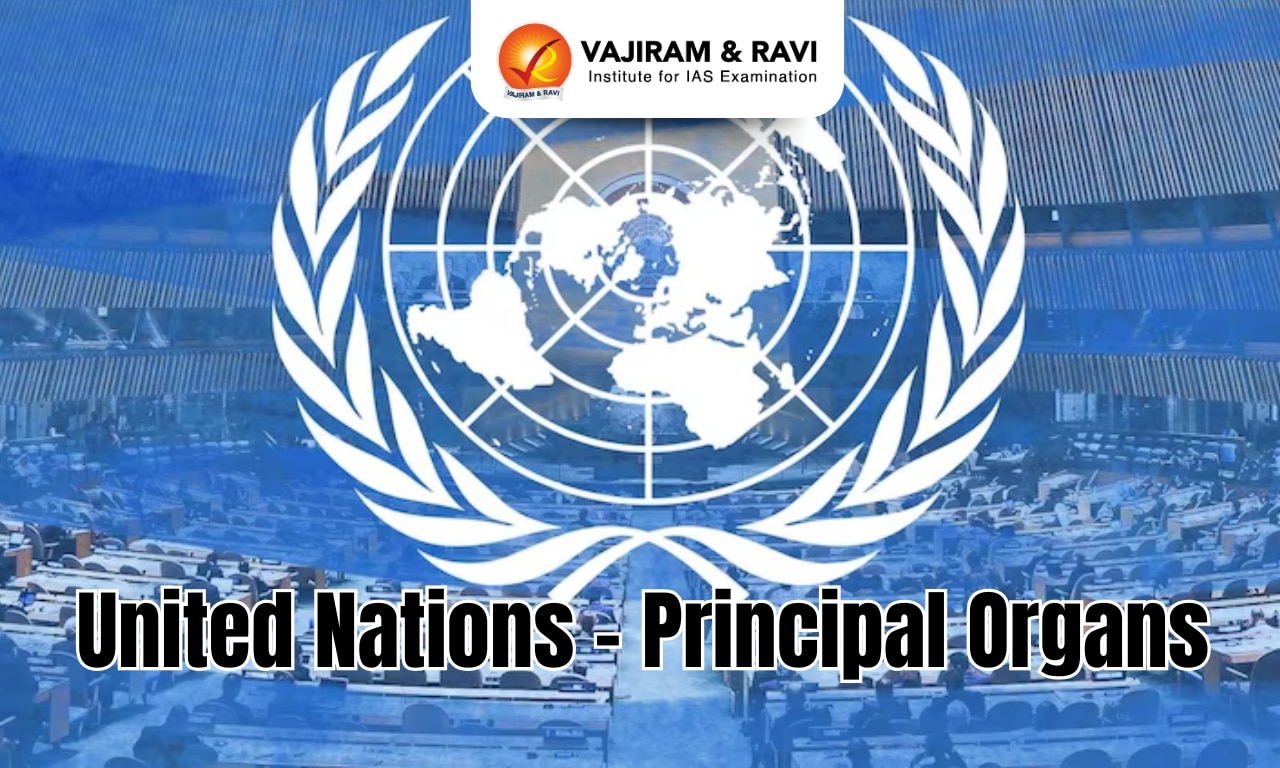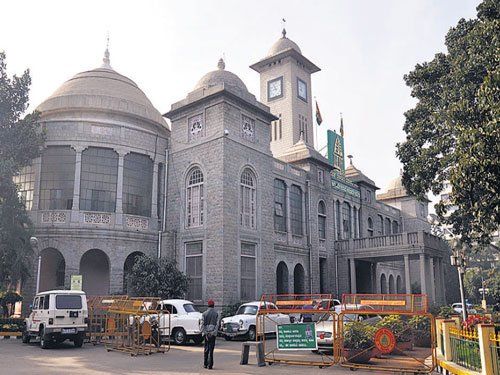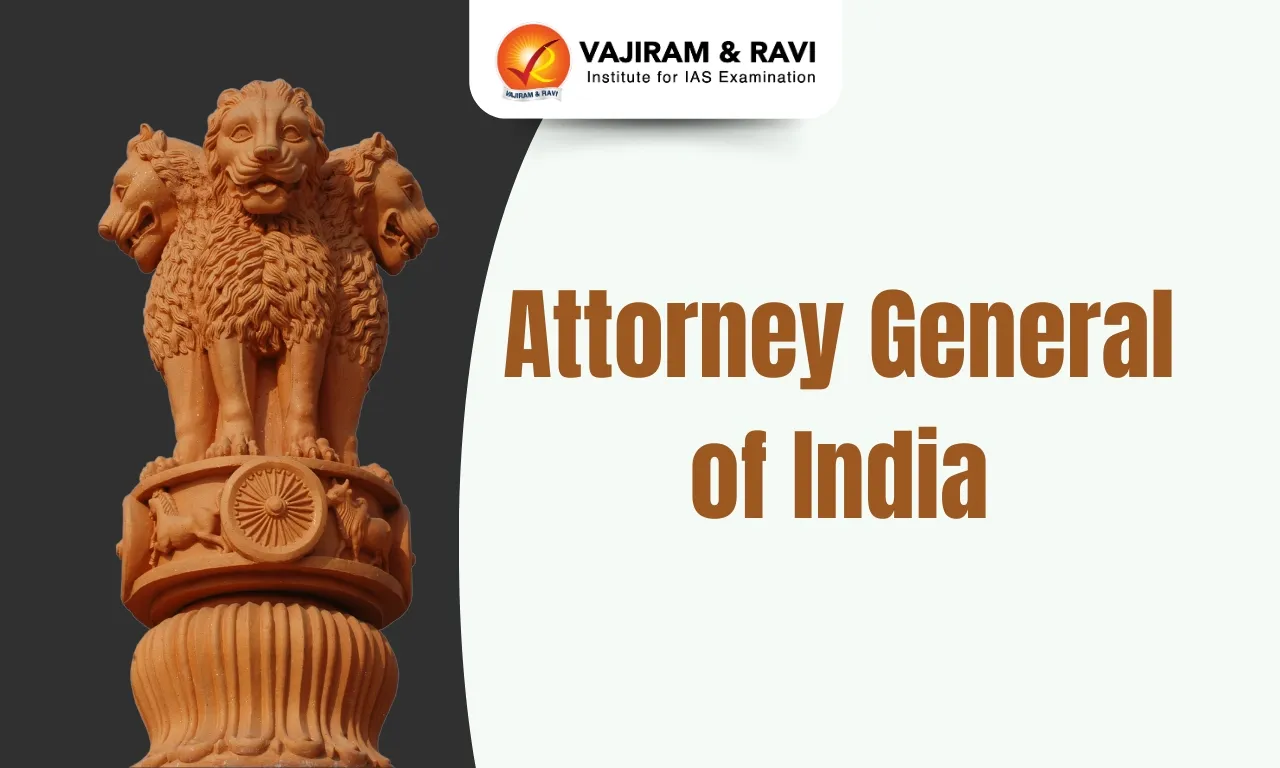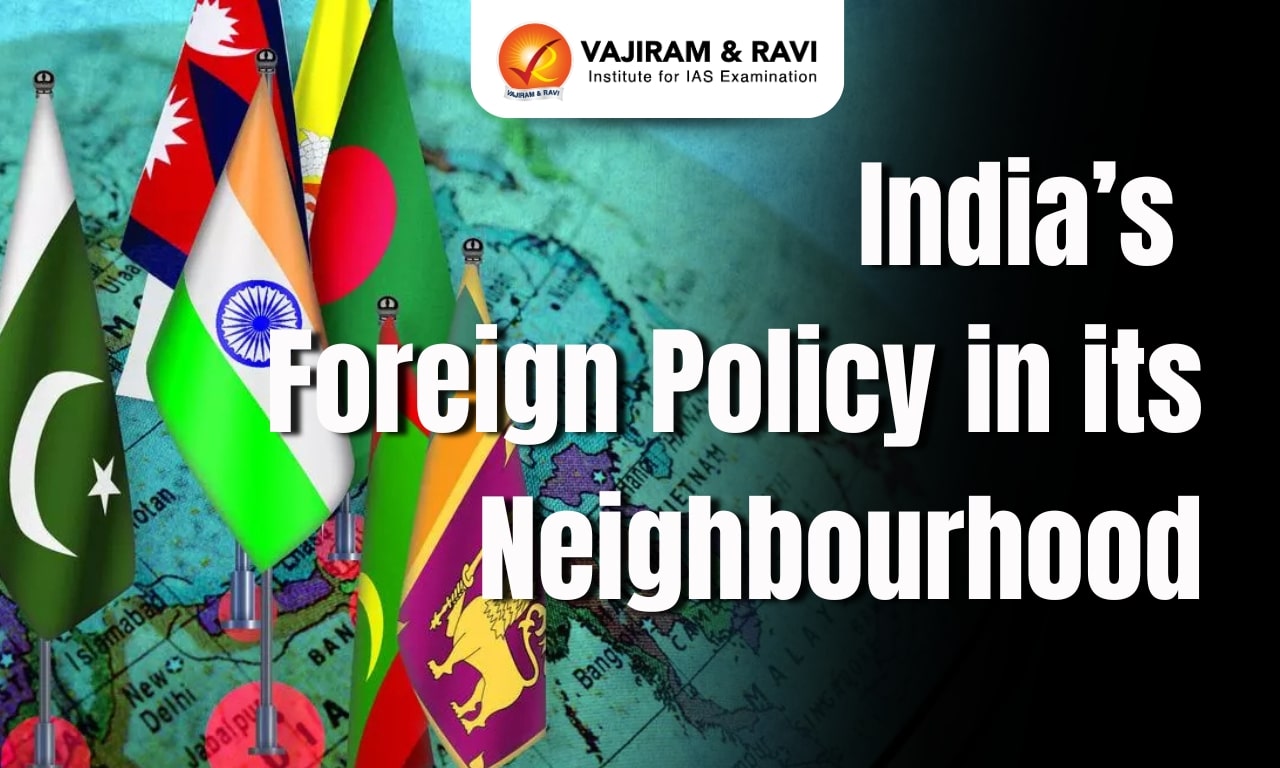What are the principal organs of the United Nations?
The organizational structure of the United Nations (UN) consists of principal organs, specialized agencies, funds and programmes, related organizations, and other entities and bodies.- The United Nations has six principal organs, which were established by the Charter of the United Nations. The principal organs of the United Nations serve different purposes and functions, but all work towards the overall goal of promoting international cooperation and maintaining international peace and security.
- The United Nations (UN) has six principal organs:
- United Nations General Assembly (UNGA)
- United Nations Security Council (UNSC)
- International Court of Justice(ICJ)
- United Nations Secretariat
- Economic and Social Council(ECOSOC)
- United Nations Trusteeship Council
- Five of them — the General Assembly, the Security Council, the Economic and Social Council, the Trusteeship Council and the Secretariat — are based at UN Headquarters in New York. The sixth, the International Court of Justice, is located at The Hague, Netherlands.
United Nations General Assembly
The United Nations General Assembly (UNGA) is the main policy-making organ of the UN. Comprising all member states, it provides a unique forum for multilateral discussion of the full spectrum of international issues covered by the Charter of the United Nations.- History:
- The first session of the UNGA was convened on 10 January 1946 in the Methodist Central Hall in London and included representatives of 51 nations.
- It moved to the permanent Headquarters of the United Nations in New York City at the start of its seventh regular annual session on 14 October 1952.
- Key decisions: It makes key decisions for the UN, including:
- appointing the Secretary-General on the recommendation of the Security Council
- electing the non-permanent members of the Security Council
- approving the UN budget
- Functions and powers:
- Setting the agenda: for the working of the United Nations.
- Making recommendations: on international issues within its mandate.
- Discussing and debating international issues: by providing a forum for member states.
- Adopting resolutions: on a wide range of issues, including human rights, disarmament, and development.
- Reviewing the work of other UN bodies: and can make recommendations for improving their effectiveness.
- International law: can initiate studies and make recommendations for the development of international law.
- Working:
- The General Assembly meets annually in a regular session that opens on the third Tuesday of September and runs until the following September.
- Sessions are held at United Nations Headquarters in New York unless changed by the General Assembly by a majority vote.
- The general debate of each new session of the General Assembly is held the week following the official opening of the session, typically the following Tuesday, and is held without interruption for nine working days.
- Voting and majority: Voting on peace and security, budgetary concerns, and the election, admission, suspension, or expulsion of members is by a two-thirds majority of those present and voting. Other questions are decided by a simple majority.
- Elections:
- Elections for the upcoming President of the General Assembly, the Security Council, the Economic and Social Council, the Human Rights Council, and the International Court of Justice (ICJ).
- Most elections are held annually, with the exception of the election of judges to the ICJ, which happens triennially.
- Membership:
- All 193 members of the United Nations are members of the General Assembly.
- The United Nations General Assembly may grant observer status to an international organization or entity, which entitles the entity to participate in the work of the United Nations General Assembly, though with limitations.
- Budget: The General Assembly also approves the budget of the United Nations and decides how much money each member state must pay to run the organization.
- Resolutions: The General Assembly votes on many resolutions brought forth by sponsoring states. These are generally statements symbolizing the sense of the international community about an array of world issues.
United Nations Security Council
The UNSC has the sole responsibility to maintain international peace and security.- History:
- The UNSC was established on January 17, 1946, and includes five permanent members which hold veto power and also ten elected non-permanent members.
- The first time the UN Security Council deployed a peacekeeping force was during the Korean War in 1950.
- President: The role of the president of the Security Council involves setting the agenda, presiding at its meetings and overseeing any crisis.
- The presidency of the council is held by each of the members in turn for one month, following the English alphabetical order of the member states' names.
- Membership: It has 15 members, including 5 permanent (China, France, Russia, the United Kingdom, and the United States) and 10 non-permanent members who are elected for two-year terms.
- Binding on members: Under the UN Charter, all the member states of the UN are obligated to comply with UNSC decisions. It means that the UNSC is the only UN body with authority to issue binding resolutions on member states.
- Imposing sanctions:
- It calls upon the parties to a dispute to settle it by peaceful means and recommends methods of adjustment or terms of the settlement.
- In some cases, the UNSC can resort to imposing sanctions or even authorising the use of force to maintain or restore international peace and security.
- Military interventions: It authorized military interventions in the Korean War and the Congo Crisis and peacekeeping missions in Cyprus, West New Guinea, and the Sinai Peninsula.
- Veto power: Permanent members can veto any substantive resolution, including those on the admission of new member states to the United Nations or nominees for the office of Secretary-General.
- Election of members: The ten non-permanent members are elected on a regional basis by the United Nations General Assembly for two-year terms starting on 1 January, with five replaced each year.
- Criticism:
- The UNSC has faced criticism over the years for its inability to address certain conflicts, such as the ongoing Israel-Palestinian conflict.
- Additionally, some have called for reforms to the council to better reflect the world's changing geopolitical landscape and to give emerging powers a greater voice in international affairs.
International Court of Justice (ICJ)
The International Court of Justice (ICJ) is the primary judicial organ of the UN established in June 1945 by the Charter of the United Nations and began work in April 1946.- The Court’s role is to settle, in accordance with international law, legal disputes submitted to it by States and to give advisory opinions on legal questions referred to it by authorized United Nations organs and specialized agencies.
- The ICJ is the successor of the Permanent Court of International Justice (PCIJ), which was established in 1920 by the League of Nations.
- All member states of the UN are party to the ICJ statute and may initiate contentious cases; however, advisory proceedings may only be submitted by certain UN organs and agencies.
- The ICJ consists of a panel of 15 judges elected by the UN General Assembly and Security Council for nine-year terms. It is assisted by a Registry, its administrative organ.
- Seated in the Peace Palace in The Hague, Netherlands, the ICJ is the only principal UN organ not located in New York City.
- Its official working languages are English and French.
- Dalveer Bhandari, an Indian, has been one of the Judges of the International Court of Justice since 2012. He is a former Judge of the Supreme Court of India.
United Nations Secretariat
The main purpose of the secretariat is to carry out the day-to-day work of the UN. It is headed by the Secretary-General, who is appointed by the General Assembly on the recommendation of the Security Council.- The secretariat is the UN's executive arm. The Secretariat has an important role in setting the agenda for the deliberative and decision-making bodies of the UN.
- The secretariat is the main source of economic and political analysis for the General Assembly and Security Council.
- The Secretariat is organized along departmental lines, with each department or office having a distinct area of action and responsibility. Offices and departments coordinate with each other to ensure cohesion in the UN’s programme of work.
- The United Nations Secretariat is headed by the Secretary-General of the United Nations. The Secretary-General is appointed by the General Assembly upon the recommendation of the Security Council.
- The Secretary-General of the United Nations is the chief administrative officer of the United Nations.
- The role of the secretary-general and of the secretariat is laid out by Chapter XV of the United Nations Charter.
- All Secretaries-General since 1971 have been appointed to five-year terms.
- António Guterres, the current Secretary-General, is the ninth Secretary-General of the United Nations.
Economic and Social Council (ECOSOC)
The Economic and Social Council(ECOSOC), under the overall authority of the General Assembly, coordinates the economic and social work of the United Nations and the UN family of organizations.- ECOSOC brings people and issues together to promote collective action for a sustainable world.
- The Council has 54 members elected by the General Assembly for three-year terms.
- It meets throughout the year and holds a major session in July, during which a high-level meeting of Ministers discusses major economic, social and humanitarian issues.
- Objectives of ECOSOC: Under the UN Charter, ECOSOC is responsible for
- Promoting higher standards of living, full employment, and economic and social progress.
- Identifying solutions to international economic, social and health problems;
- Facilitating international cultural and educational cooperation; and
- Encouraging universal respect for human rights and fundamental freedoms.
- Functions of ECOSOC:
- ECOSOC is responsible for coordinating the economic and social fields of the organization, specifically in regards to the 15 specialized agencies, the eight functional commissions, and the five regional commissions under its jurisdiction.
- ECOSOC serves as the central forum for discussing international economic and social issues, and formulating policy recommendations addressed to member states and the United Nations System.
- ECOSOC holds an annual meeting in April with finance ministers heading key committees of the World Bank and the International Monetary Fund (IMF).
- The specialized agencies of the United Nations report their activities to the Economic and Social Council.
| Regional commissions | Functional commissions |
|
|
United Nations Trusteeship Council
The Trusteeship Council was established to oversee the administration of trust territories and ensure their transition to self-government or independence. Its functions were completed in 1994, and it now meets only as necessary.- The United Nations Trusteeship Council was established to help ensure that trust territories were administered in the best interests of their inhabitants and of international peace and security.
- The trust territories—most of them former mandates of the League of Nations or territories taken from nations defeated at the end of World War II—have all now attained self-government or independence, either as separate nations or by joining neighbouring independent countries.
- The last trust territory was Palau, formerly part of the Trust Territory of the Pacific Islands, which became a member state of the United Nations in December 1994.
- The Trusteeship Council suspended its operation on 1 November 1994, and although under the UN Charter, it continues to exist on paper, its future role and even existence remain uncertain.
Last updated on December, 2025
→ Check out the latest UPSC Syllabus 2026 here.
→ Join Vajiram & Ravi’s Interview Guidance Programme for expert help to crack your final UPSC stage.
→ UPSC Mains Result 2025 is now out.
→ UPSC Notification 2026 is scheduled to be released on January 14, 2026.
→ UPSC Calendar 2026 is released on 15th May, 2025.
→ The UPSC Vacancy 2025 were released 1129, out of which 979 were for UPSC CSE and remaining 150 are for UPSC IFoS.
→ UPSC Prelims 2026 will be conducted on 24th May, 2026 & UPSC Mains 2026 will be conducted on 21st August 2026.
→ The UPSC Selection Process is of 3 stages-Prelims, Mains and Interview.
→ UPSC Result 2024 is released with latest UPSC Marksheet 2024. Check Now!
→ UPSC Prelims Result 2025 is out now for the CSE held on 25 May 2025.
→ UPSC Toppers List 2024 is released now. Shakti Dubey is UPSC AIR 1 2024 Topper.
→ UPSC Prelims Question Paper 2025 and Unofficial Prelims Answer Key 2025 are available now.
→ UPSC Mains Question Paper 2025 is out for Essay, GS 1, 2, 3 & GS 4.
→ UPSC Mains Indian Language Question Paper 2025 is now out.
→ UPSC Mains Optional Question Paper 2025 is now out.
→ Also check Best IAS Coaching in Delhi
United Nations - Principal Organs FAQs
Q1. Who was the first woman president of the United Nations General Assembly?+
Q2. Which country is the largest contributor to a UN Peacekeeping Mission?+

















